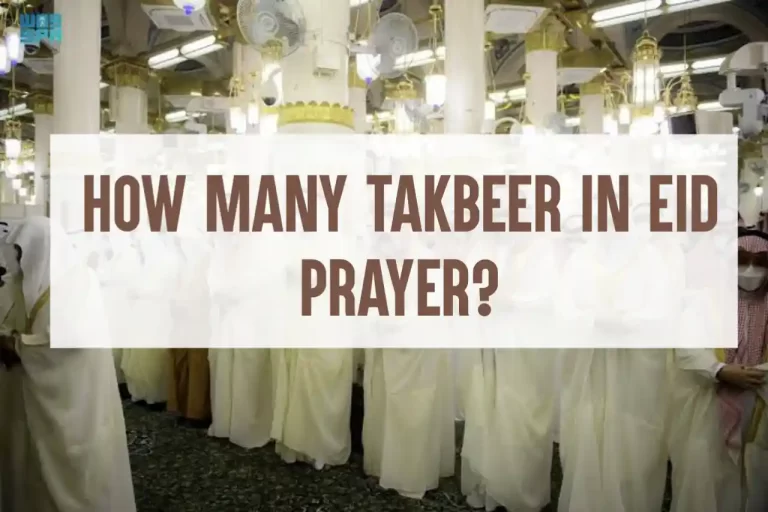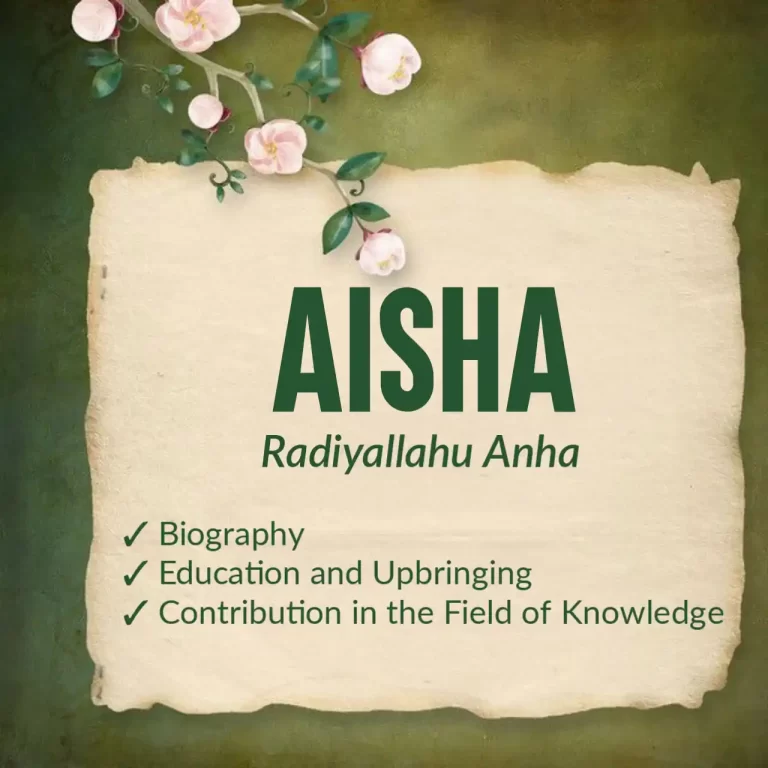Hayya Alal Falah and Hayya Alal Salah In Arabic And Meaning In English
Hayya Alal falah and Hayya alas Salah are among the most frequently heard phrases in the Muslim world. It is a call to worship that is echoed from mosque minarets five times a day.
Advertisements
For Muslims, the act of praying is a deeply spiritual and meaningful part of their daily lives. It is a time for reflection, renewal, and connection with Allah.
In this blog, we will delve deeper into the meaning of Hayya Alal Falah and how it can serve as a source of guidance for Muslims everywhere. Join us as we explore the true meaning of this powerful phrase and how we can apply its teachings to our daily lives.
Hayya Alal Falah In Arabic
In Arabic, this phrase is written,
حَيًّ عَلى الفَلاحِ
Advertisements
Hayya Alal Falah Meaning in English
Hayya Alal falah means come to success. It also means hasten to success or come to salvation. When you hear the azan (hayya ala falah) remember that you are being called upon to come and pray salah. Salah is your success and salvation in this life and hereafter.

Al Falah Meaning In English
Al Falah means victory, success or salvation. This word of the Adhan (Call for Prayer) convey the message of victory in this world and the hereafter by establishing a connection with Allah through prayer.
What Do You Say After Hayyah Alah Falah?
The reply after the muadthin (the one who call prayer) say hayyá Alal faláh is to say:
لا حَوْلَ وَلا قُوَّةَ إِلا بِالله
Laa hawla wa laa quwata illa billah which means there is neither might nor power except with Allah. The answer to this call by the believers is an act of submission to Allah, an affirmation of His Oneness, and Unique Attributes.
Advertisements

Hadith
Umar b. al-Khattab reported: The Messenger of Allah (ﷺ) said: When the Mu’adhdhin says:
Allah is the Greatest, Allah is the Greatest, and one of you should make this response: Allah is the Greatest, Allah is the Greatest;
(and when the Mu’adhdhin) says: I testify that there is no god but Allah, one should respond: I testify that there is no god but Allah,
and when he says: I testify that Muhammad is the Messenger of Allah, one should make a response: I testify that Muhammad is Allah’s Messenger.
When he (the Mu’adhdhin) says: Come to prayer, one should make a response: There is no might and no power except with Allah.
When he (the Mu’adhdhin) says: Come to salvation, one should respond: There is no might and no power except with Allah, and when he (the Mu’adhdhin) says: Allah is the Greatest, Allah is the Greatest, then make a response: Allah is the Greatest, Allah is the Greatest.
When he (the Mu’adhdhin) says: There is no god but Allah, and he who makes a re- sponse from the heart: There is no god but Allah, he will enter Paradise.
Sahih Muslim 385
Hayya Alas Salah in Arabic
حَيًّ عَلى الصّلاة
Hayya Alas Salah Meaning In English
Hayya Alas Salah means come to the Prayer. As Salah is the ritual prayer of Muslims. A special part of the Salah is reciting Surah al Fatiha during which Allah turns to the slave and answers for each verse recited.

Abu Huraira reported that he had heard the Messenger of Allah (ﷺ) declare that Allah the Exalted had said:
Advertisements
I have divided the prayer into two halves between Me and My servant, and My servant will receive what he asks.
When the servant says: Praise be to Allah, the Lord of the universe, Allah the Most High says: My servant has praised Me.
And when he (the servant) says: The Most Compassionate, the Merciful, Allah the Most High says: My servant has lauded Me.
And when he (the servant) says: Master of the Day of judg- ment, He remarks: My servant has glorified Me. and sometimes He would say: My servant entrusted (his affairs) to Me.
And when he (the worshipper) says: Thee do we worship and of Thee do we ask help, He (Allah) says: This is between Me and My servant, and My servant will receive what he asks for.
Then, when he (the worshipper) says: Guide us to the straight path, the path of those to whom Thou hast been Gracious not of those who have incurred Thy displeasure, nor of those who have gone astray, He (Allah) says: This is for My servant, and My servant will receive what he asks for.
Source: Muslim 395
Advertisements








One Comment